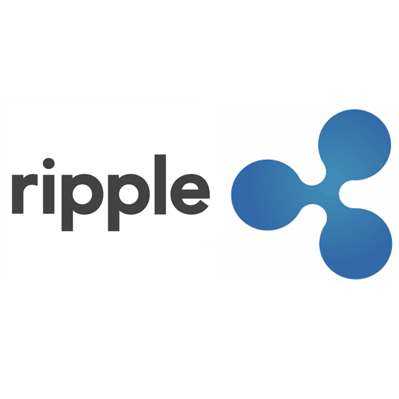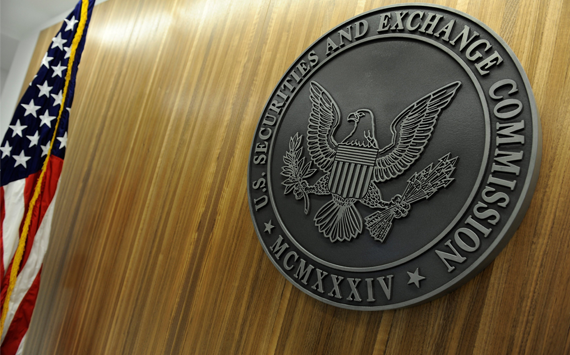Description
Ripple Labs, Inc. is an American technology company which develops the Ripple payment protocol and exchange network. Originally named Opencoin and renamed Ripple Labs in 2015, the company was founded in 2012 and is based in San Francisco, California.
History
Ryan Fugger conceived Ripple in 2004 after working on a local exchange trading system in Vancouver. The intent was to create a monetary system that was decentralized and could effectively empower individuals and communities to create their own money. Fugger later built the first iteration of this system, RipplePay.com. Concurrently, in May 2011, Jed McCaleb began developing a digital currency system in which transactions were verified by consensus among members of the network, rather than by the mining process used by Bitcoin. In August 2012, Jed McCaleb hired Chris Larsen and they approached Ryan Fugger with their digital currency idea. After discussions with McCaleb and long-standing members of the Ripple community, Fugger handed over the reins. In September 2012, Chris Larsen and Jed McCaleb co-founded the corporation OpenCoin.
OpenCoin began development of the ripple protocol (RTXP) and the Ripple payment and exchange network. On April 11, 2013, OpenCoin announced it had closed an angel round of funding with several venture capital firms. That same month, OpenCoin acquired SimpleHoney to help it popularize virtual currencies and make them easier for average users.
On September 26, 2013, OpenCoin officially changed its name to Ripple Labs, Inc.
On May 5, 2015, Ripple received a US$700,000 (equivalent to $755,033 in 2019) civil money penalty from U.S. Treasury's Financial Crimes Enforcement Network (FinCEN) for “willful violation of the Bank Secrecy Act by acting as a money services business without registering with FinCEN.” On October 6, 2015, the company was rebranded from Ripple Labs to Ripple.
On June 13, 2016, Ripple obtained a virtual currency license from the New York State Department of Financial Services, making it the fourth company with a BitLicense.
In September 2017, R3 sued Ripple for specific performance of an option agreement in which Ripple agreed to sell up to five billion XRPs for a price of $.0085. Ripple countersued, claiming that R3 reneged on a number of contractual promises, and was simply acting in a spirit of opportunism, after the cryptocurrency increased in value more than 30 times. In September 2018, Ripple and R3 reached an undisclosed settlement agreement.
In March 2018, a Japanese bank consortium led by SBI Ripple Asia, comprising 61 banks launched "MoneyTap", a Ripple-powered mobile app to provide on-demand domestic payments in Japan. In May 2018, Spanish Banking group Santander released One Pay FX — the first mobile application for international payments powered by blockchain technology, that uses Ripple's xCurrent technology. Following the creation of a Mumbai office, Ripple has been adding multiple Indian customers in 2018, including leading banks such as Kotak Mahindra Bank, Axis Bank, and IndusInd, that announced that they started using Ripple's products.
On December 22, 2020, the U.S. Securities and Exchange Commission charged Ripple and two of its executives with violating investor protection laws. The SEC alleged that Ripple, co-founder Christian Larsen and CEO Bradley Garlinghouse, raised more than $1.3 billion through an unregistered securities offering. The government agency brought charges against Ripple for the fault of depriving the “potential purchasers [of XRP] of adequate disclosures about XRP and Ripple’s business and other important long-standing protections that are fundamental to our robust public market system,” according to the complaint that the SEC filed in federal district court in Manhattan, New York.


























